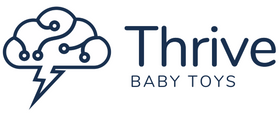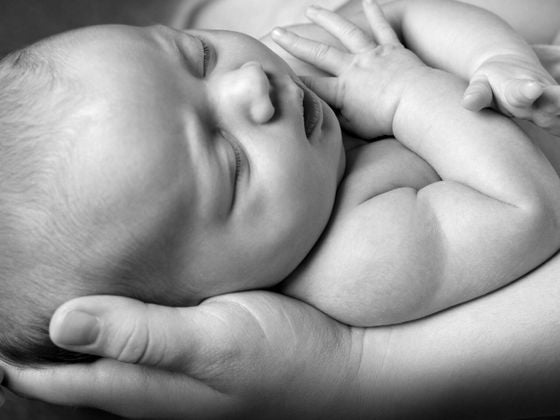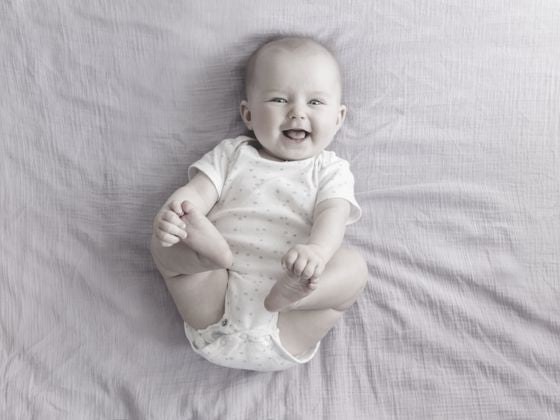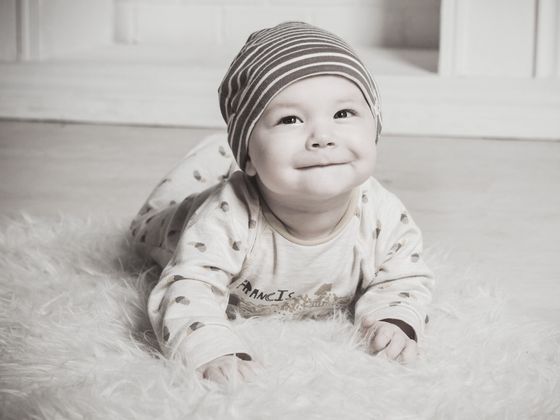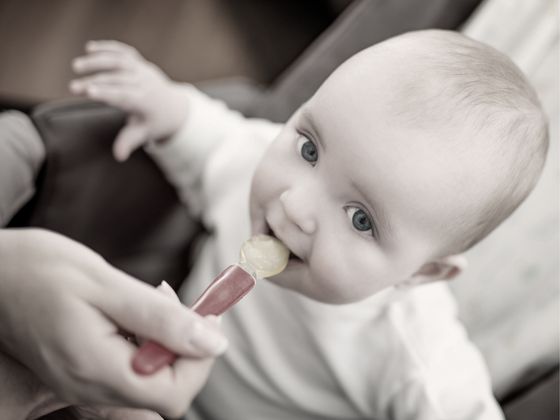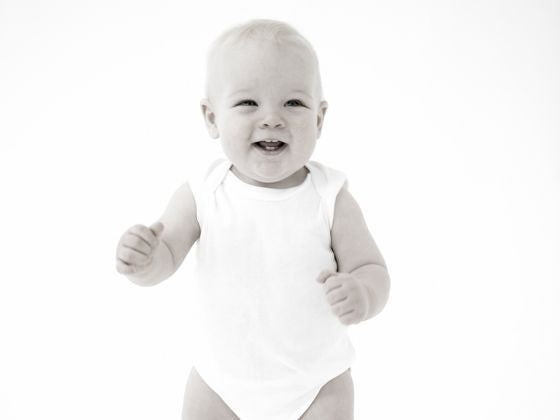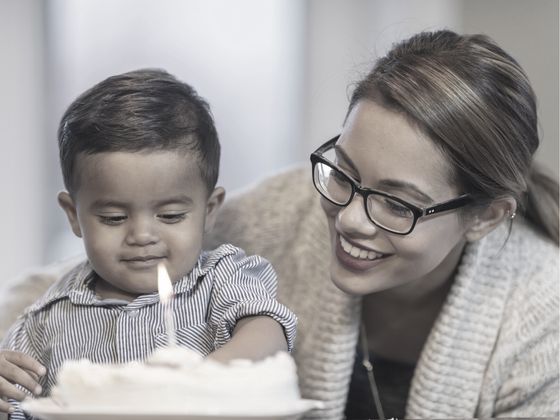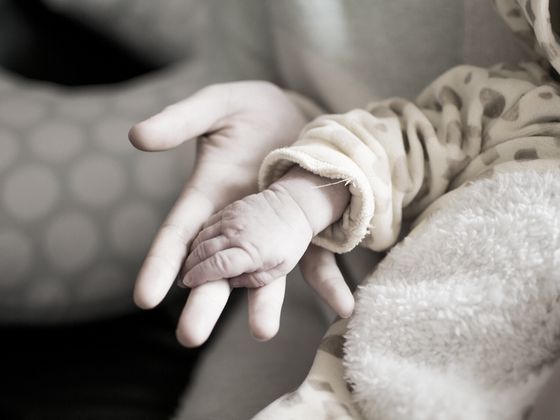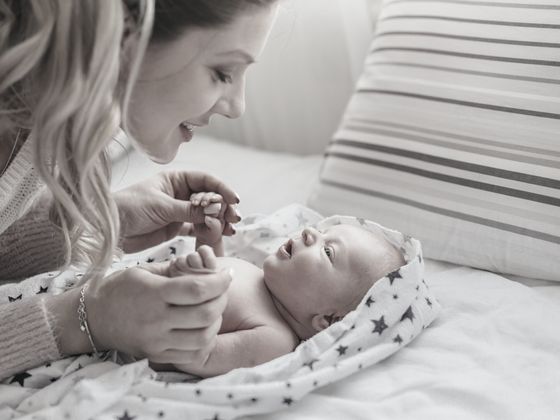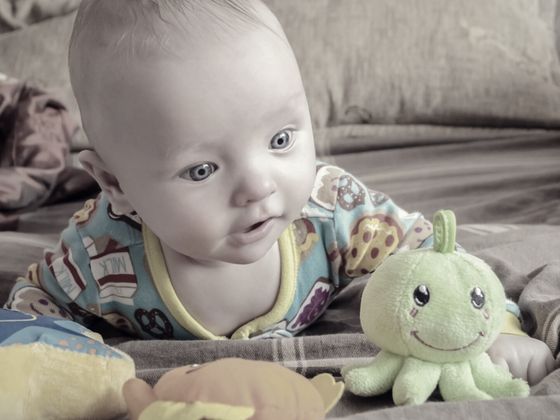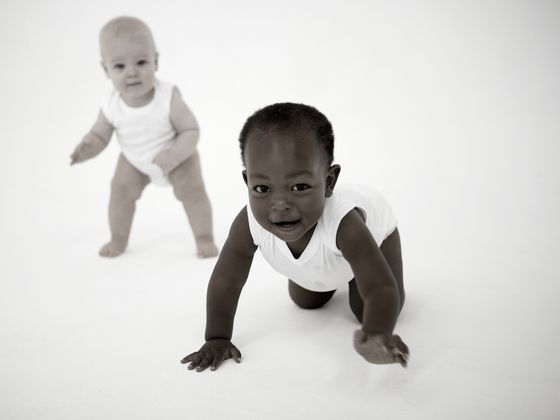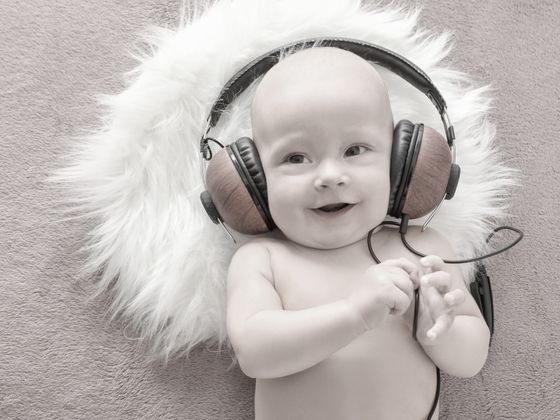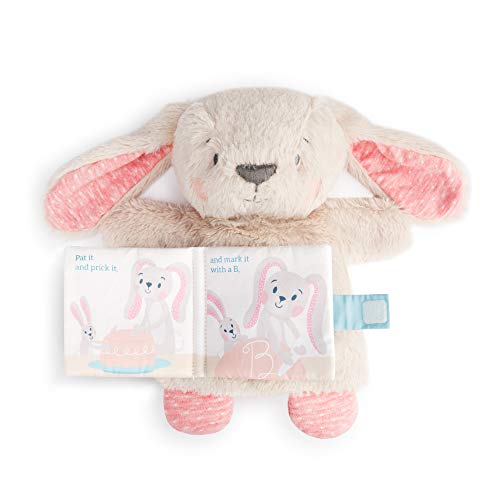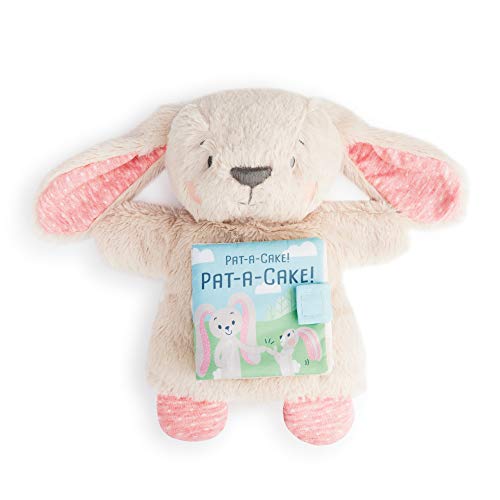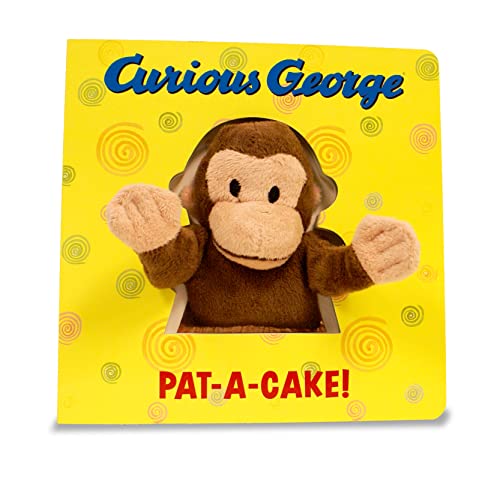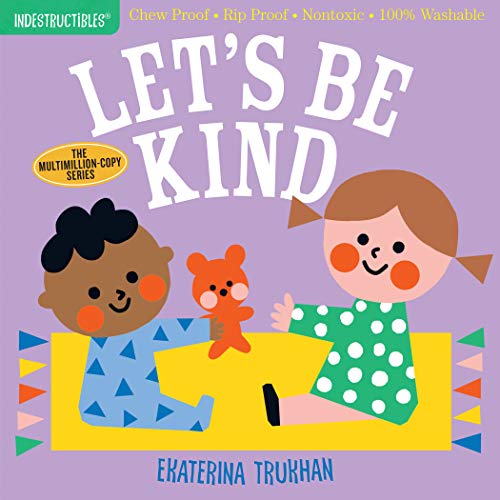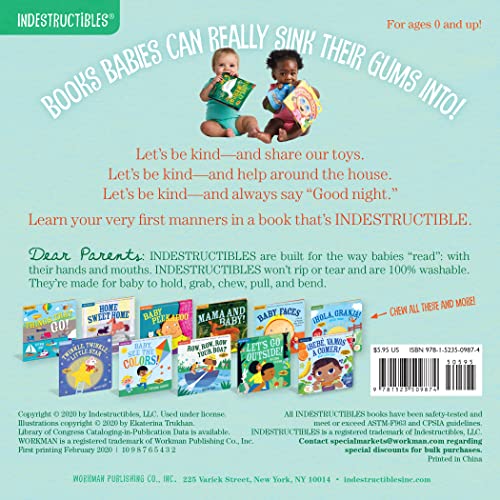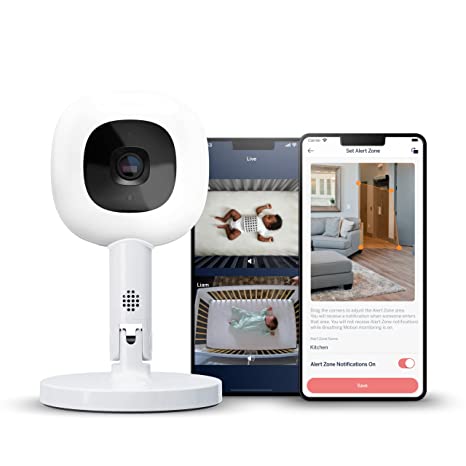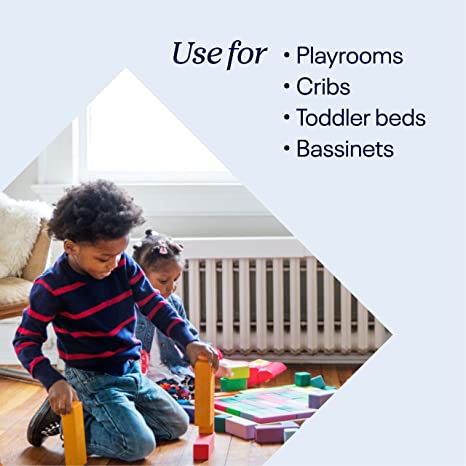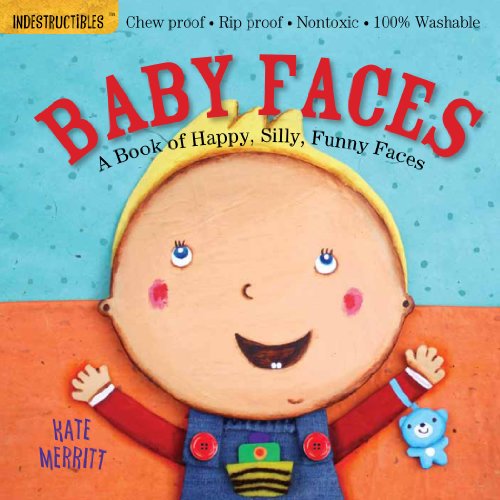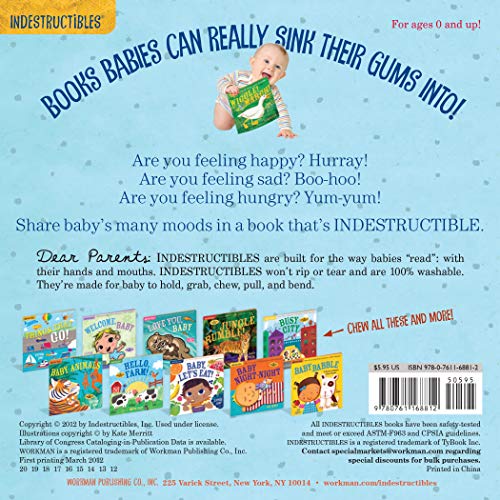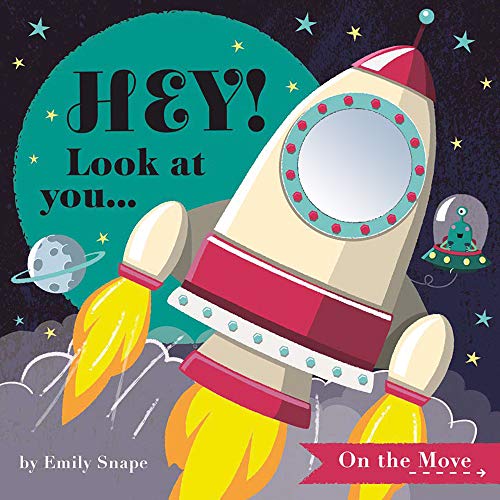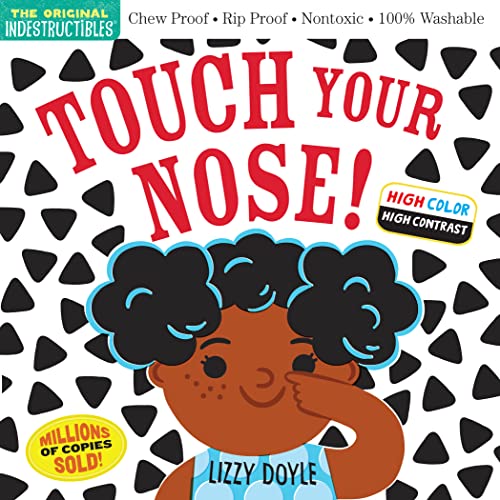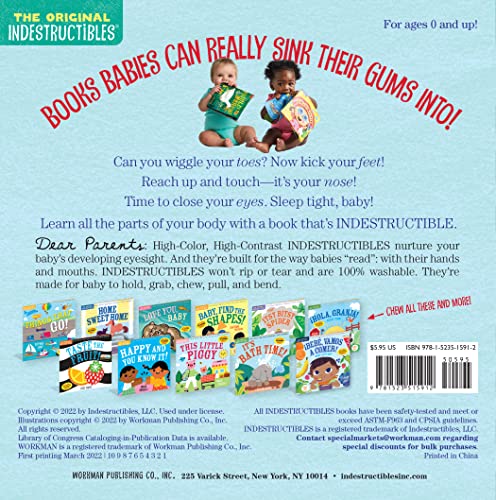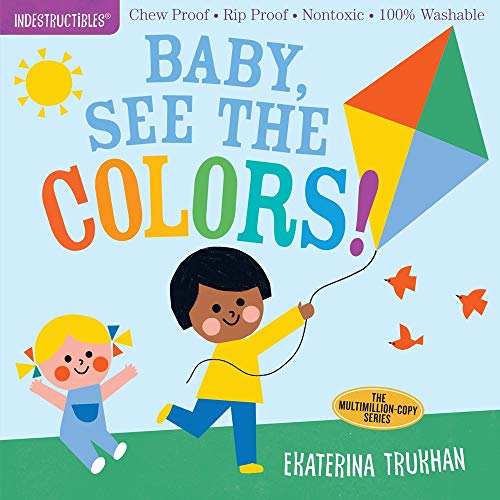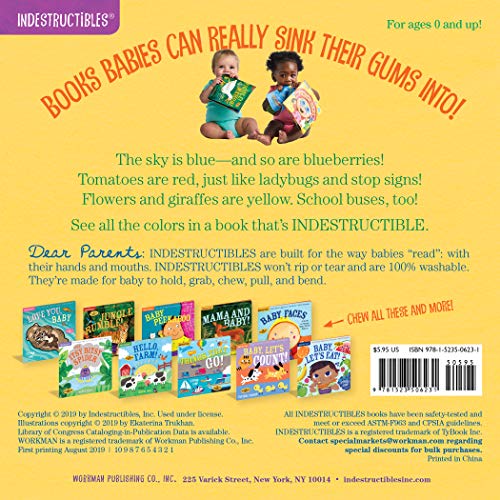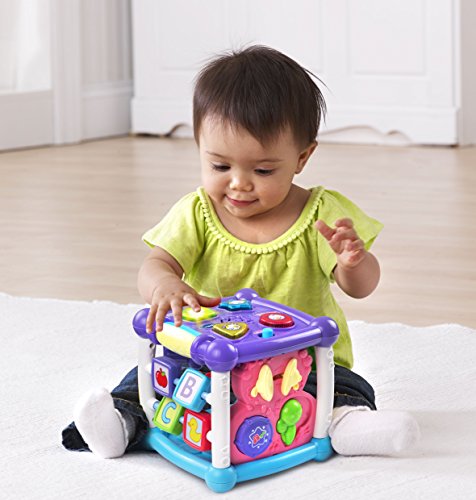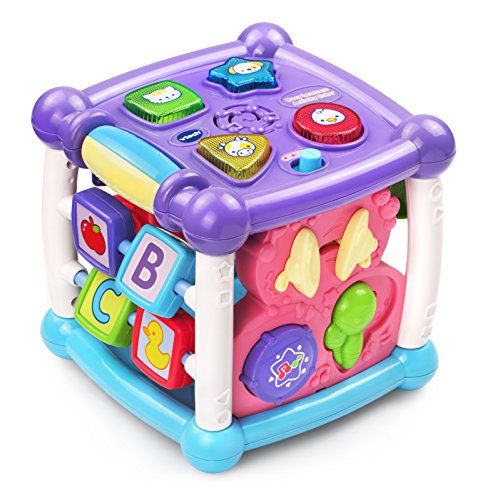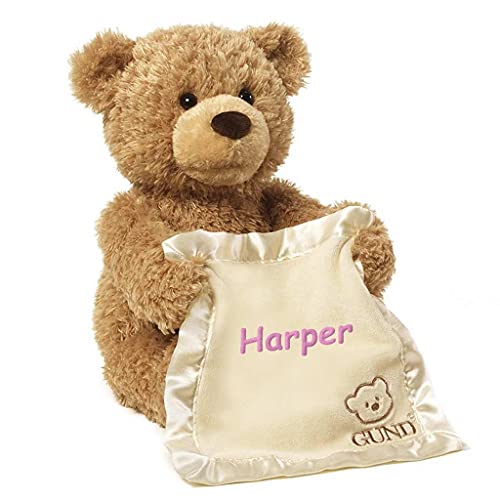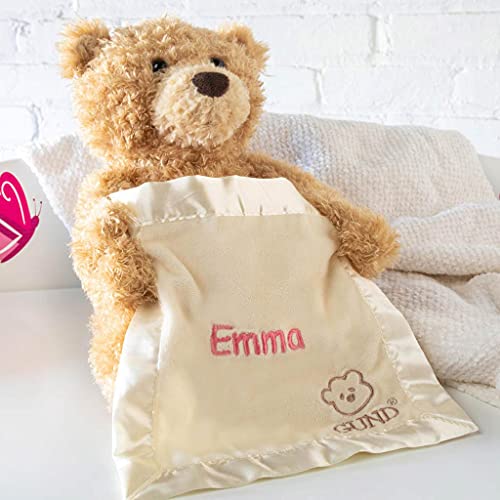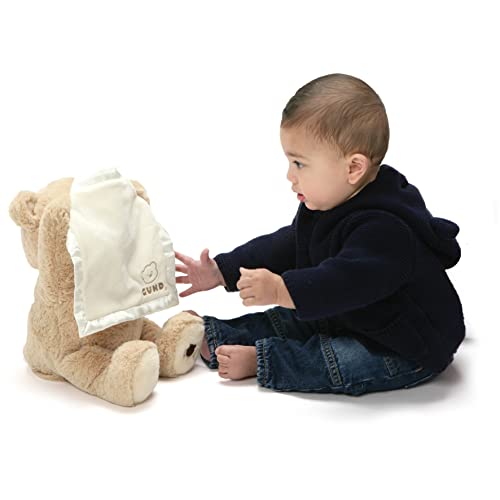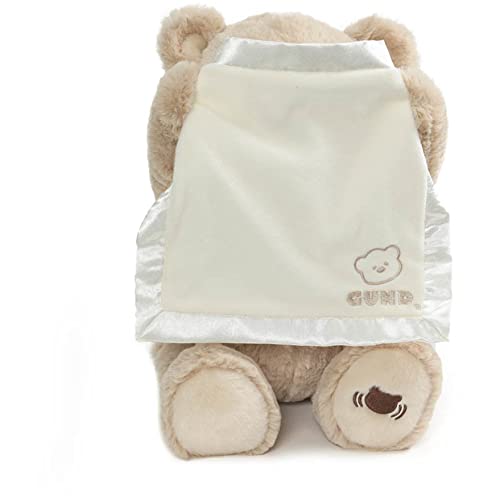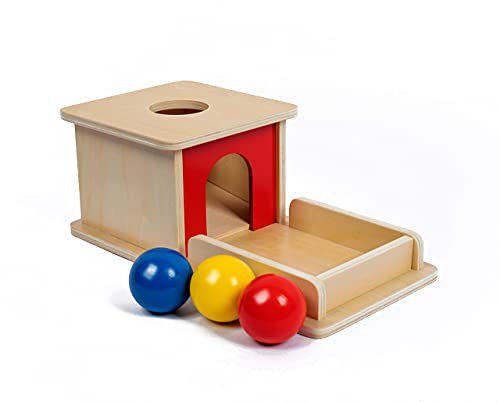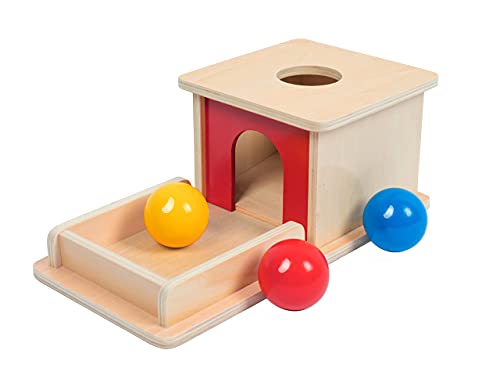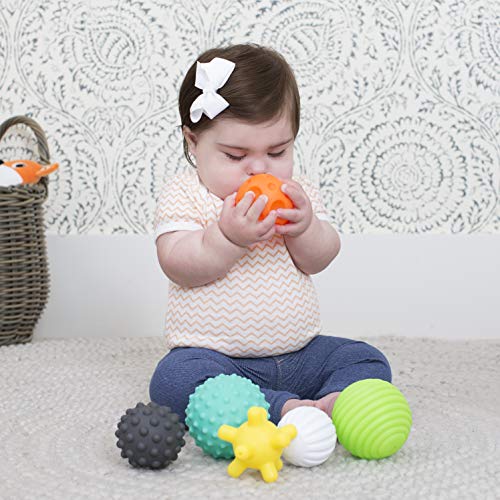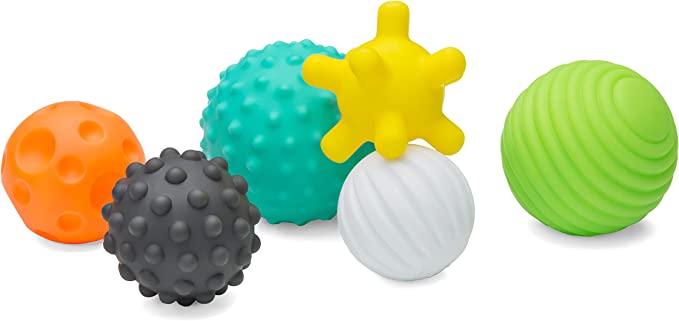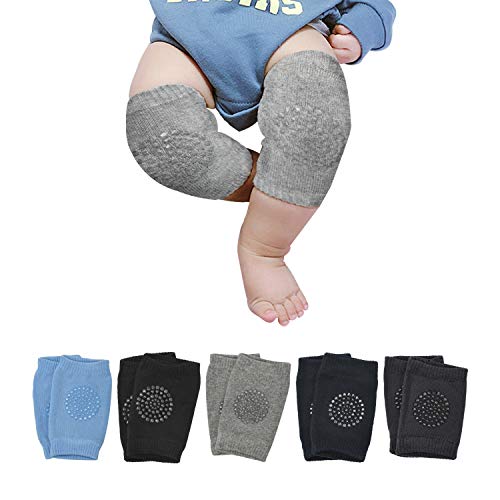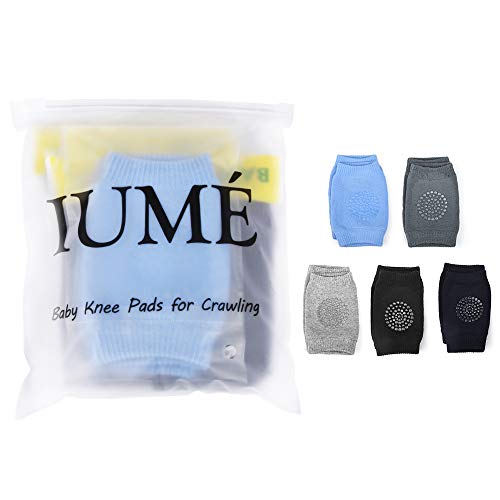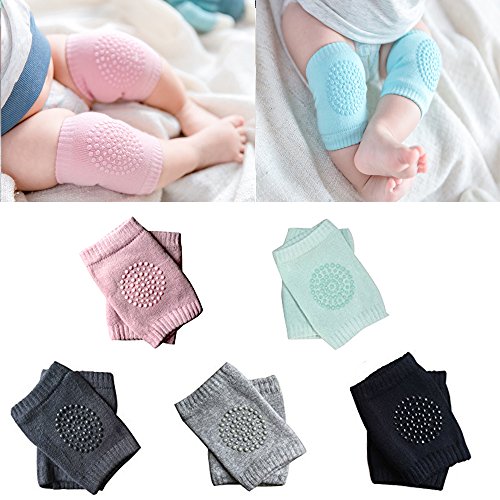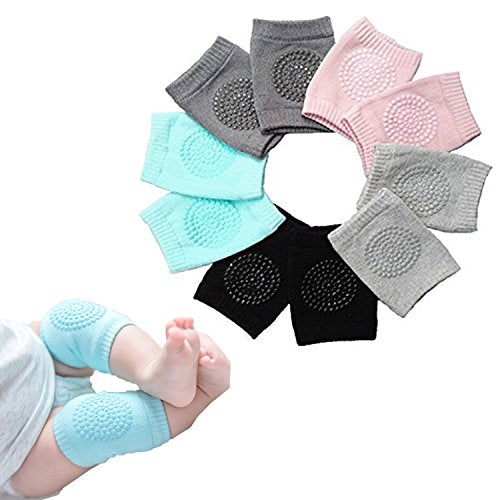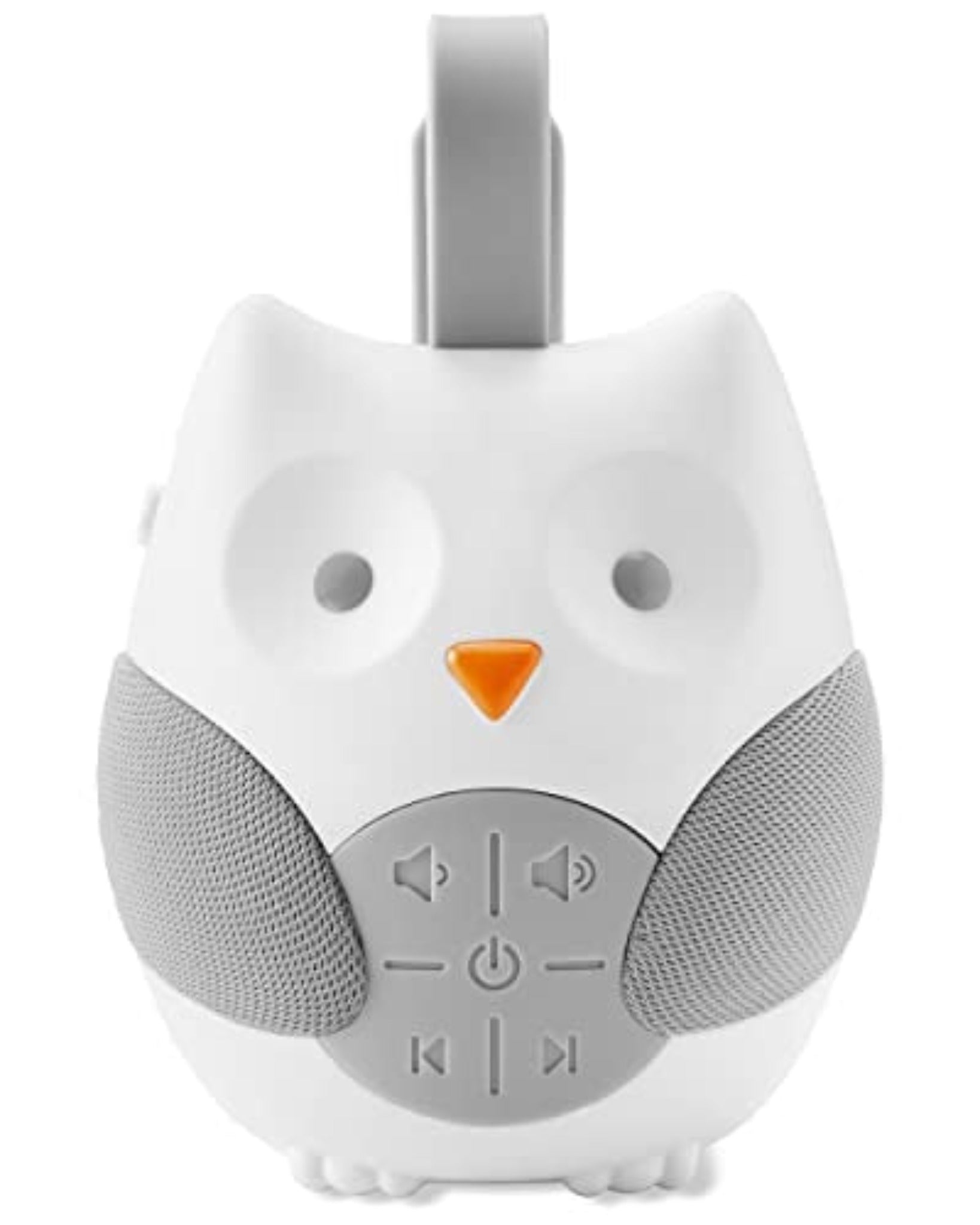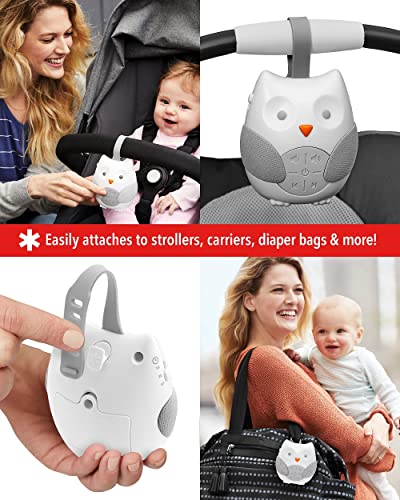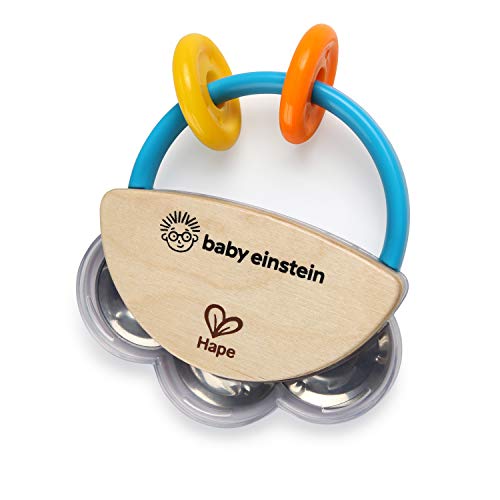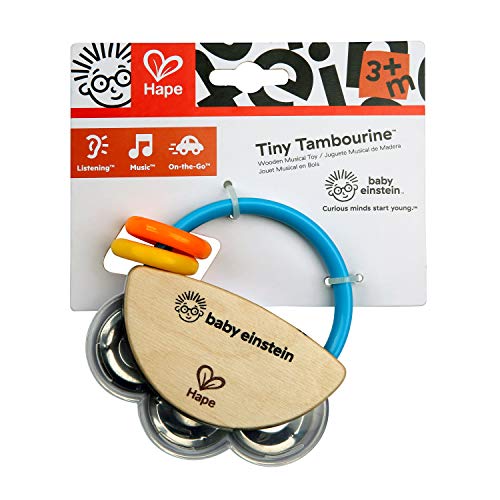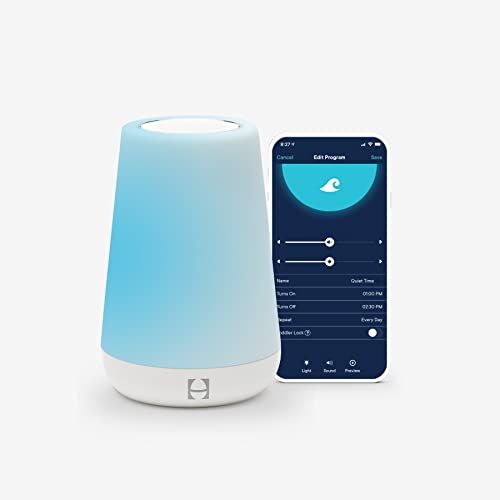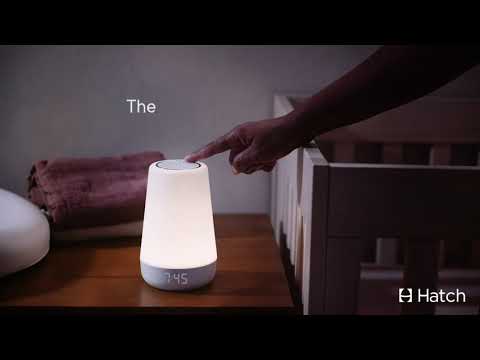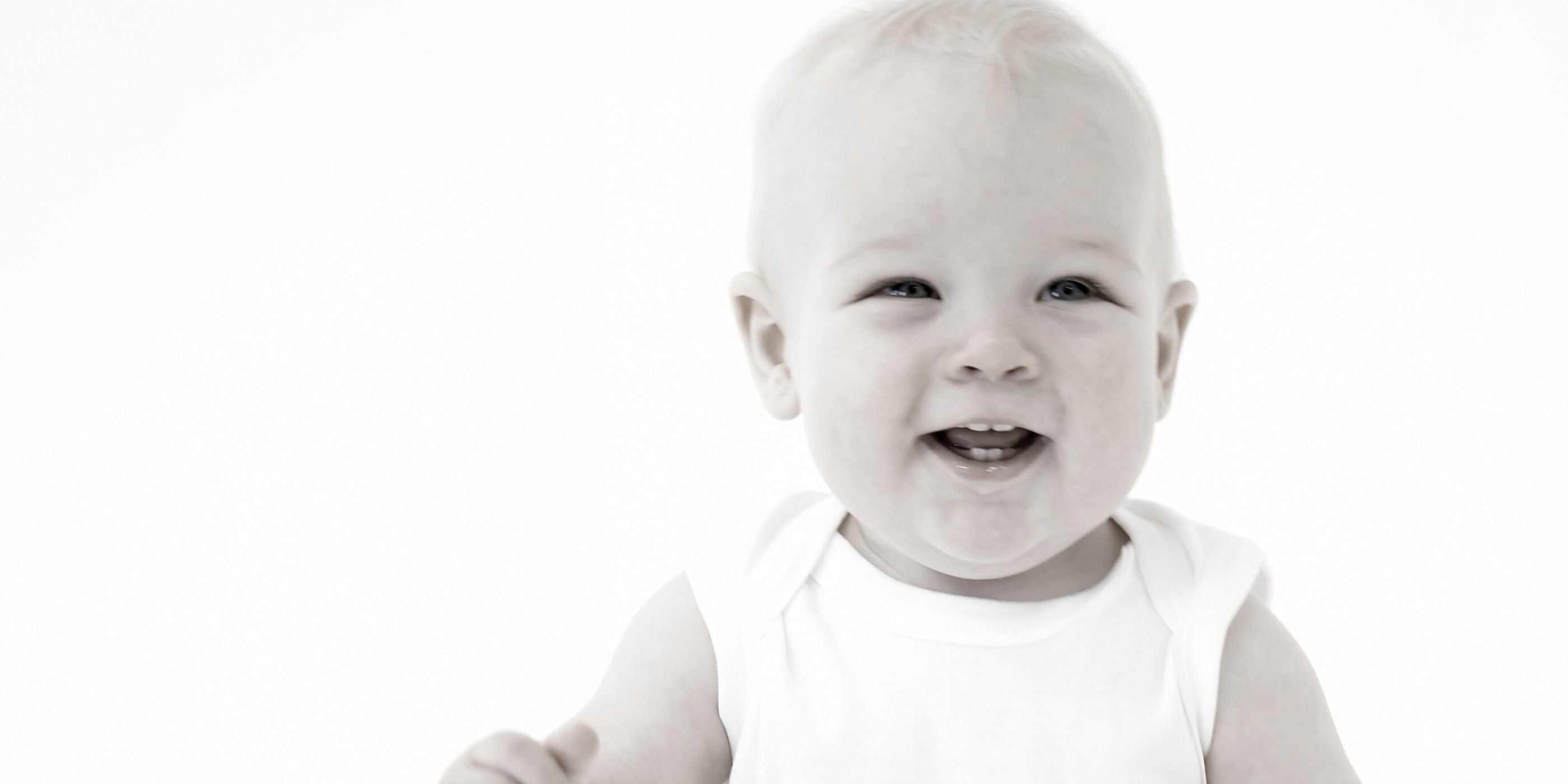
Best Toys for Babies 9-12 Months
Your little one is on her way to graduating from a baby to a toddler when she turns one! At this age, your baby's personality is starting to show more and more, and they’re forming special relationships with you and other family members. You might finally hear 'mama' or 'dada' for the first time among other recognisable sounds she'll start to make. Not only that, she'll also start to explore her surroundings by cruising your furniture. Cue in baby proofing! There are simple things you can do to help your baby thrive, and play is an important part of that equation. Explore brain-building toys across 5 key development areas.
9-12 Months Social & Emotional Development
Your baby may still be clingy and wary of strangers, but they’re forming special relationships with you and other family members. Their personality is starting to shine more and more. You can also expect more engagement in the form of games such as pat-a-cake.
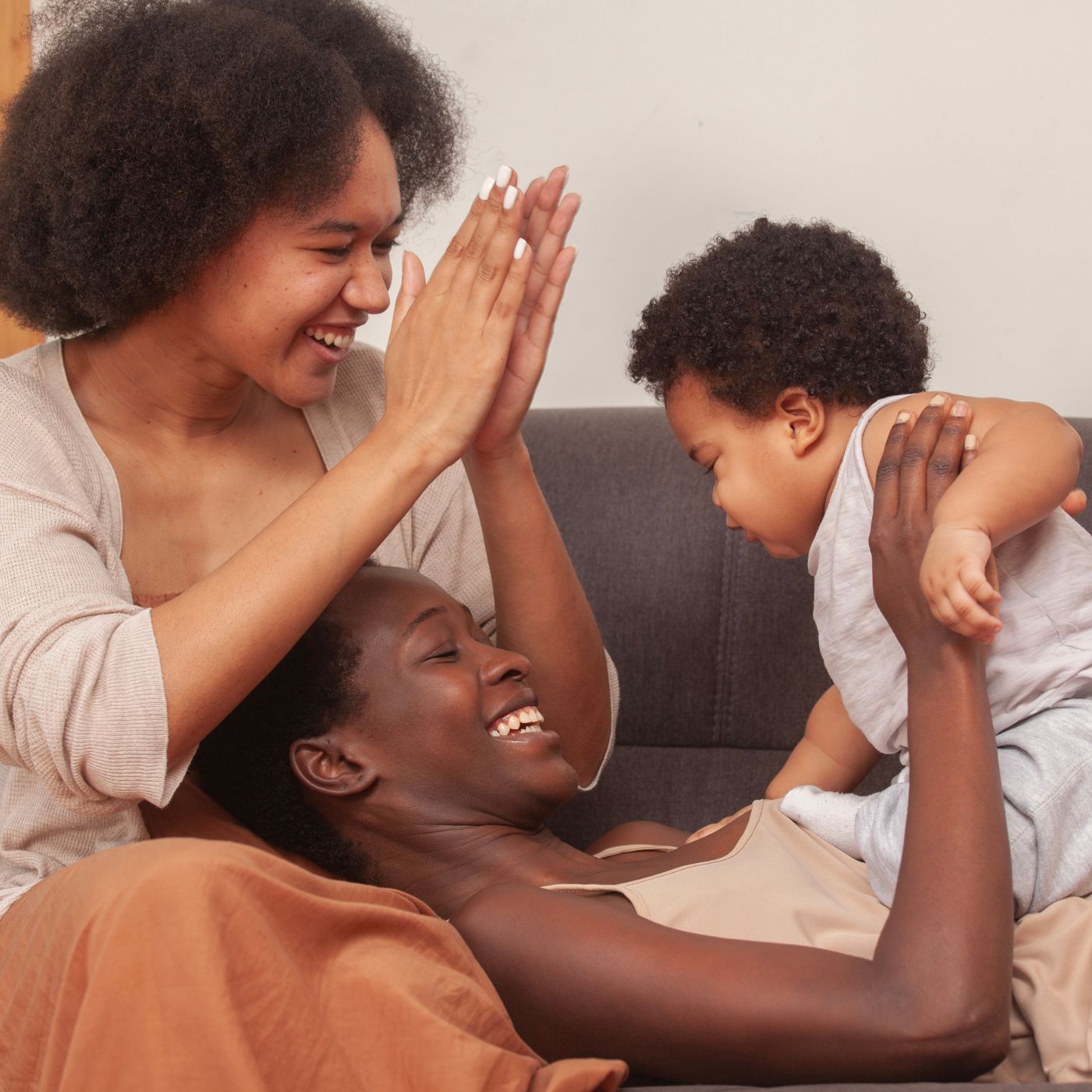
9-12 months Social & Emotional
Milestones
- Plays games with you, such as pat-a-cake
- Develops a stronger attachment to primary caregivers
- Begins to imitate others' actions and expressions
- Starts to develop empathy and understand others' feelings
- Begins to show interest in other children and enjoy social interactions with them
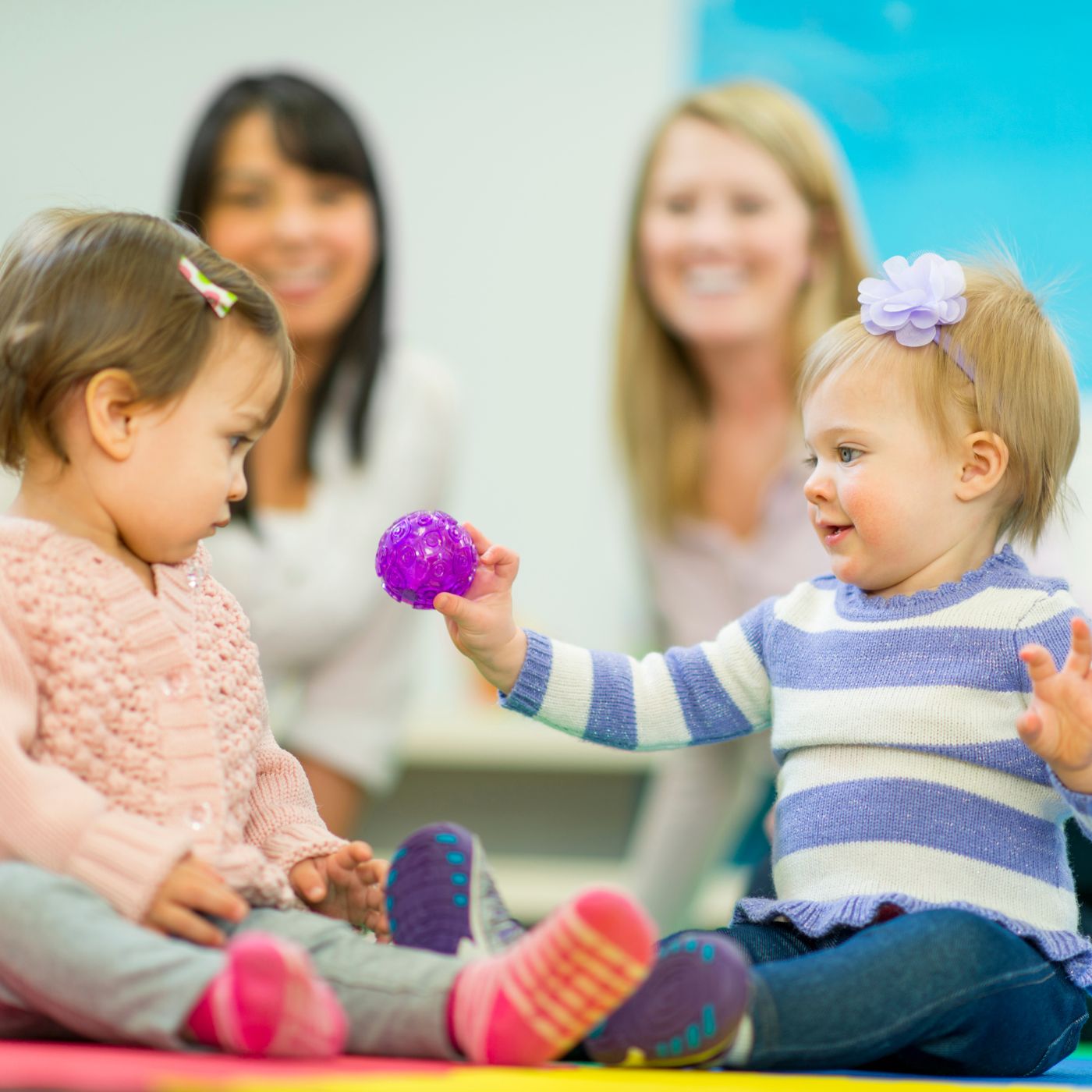
9-12 months Social & Emotional development
How You Can Help Your Baby Thrive
- As your little one approaches their first birthday, it may be time to get them their first doll. Dolls give kids the opportunity to be empathic, emotional, and show caring and attention toward others. At first, a soft, cuddly doll might align better with their current sensory preferences. Doll strollers, and other doll accessories are great additions to ignite your little one's nurturing instincts.
- Sing and play music that enables your baby to play games such as pat-a-cake. You little one might enjoy pat-a-cake books at this stage.
- Redirect her quickly and consistently by giving her a toy or moving her if she is getting into things you don’t want her to get into. Save saying “no” for beqhaviors that are dangerous. When you do say “no,” say it firmly.
- Give your baby time to get to know new caregivers. Bring along a favorite toy, lovey, stuffed animal, or blanket to help comfort your little one.
- Little ones learn to calm themselves from caregivers who are calm and make them feel safe. Help her learn she can calm down by talking softly, holding, rocking, or singing to her. Let her suck on her fingers or a pacifier for soothing.
9-12 Months Language & Communication Development
Your baby loves it when you talk to them and when you look at picture books together, pointing to objects they know. They’re babbling by putting sounds together, trying to copy or say first words, and saying ‘no’ with a shake of the head. They may call you 'mama' and 'dada' and bid goodbye with a wave.

9-12 months Language & Communication
Milestones
- Can wave “bye-bye”.
- Calls her parents “mama” or “dada” or another special name.
- Understands what “no” means (pauses briefly or stops when you say it).
- Starts to use more words and imitate words they hear
- Begins to understand simple questions, such as "where's the ball?"
- Uses gestures and sounds to communicate more effectively
- Enjoys making sounds and "talking" with others
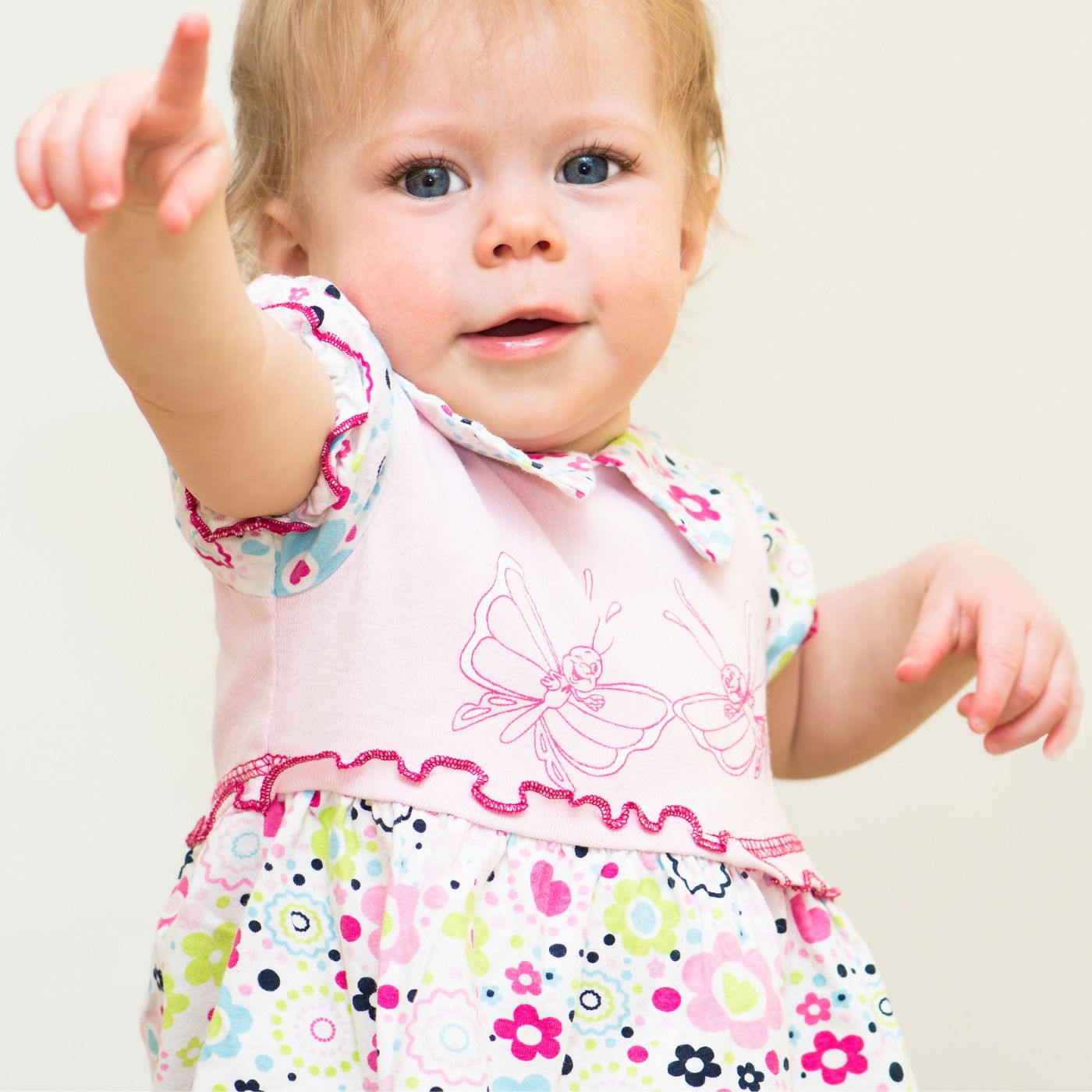
9-12 months Language & Communication
How You Can Help Your Baby Thrive
- “Read” books to your baby—it doesn't need to be word for word, instead you can point at the pictures, label them and talk about them.
- Talking to a doll can help your little one practice their language skills.
- Continue with baby sign language, or if you haven't started yet, you can consider starting now. Typically it's recommended to start around 6-8 months of age. A baby sign language book can hep you get a handle of the basic signs.
- Repetition of waving while smiling at your little one will encourage them to try it themselves. Move your baby's hands for them while saying “wave bye to-bye to grandma” will also help teach them to wave.
- Respond with words when your baby points at things. Babies point to ask for something. For example, say “You want the bottle? Here is the bottle. It’s your bottle.” If she tries to say “bottle,” celebrate her attempt.
- Point to interesting things you see, such as a car, bus, or animals. This will help your baby pay attention to what others are “showing” her through pointing.
- Limit your baby's screen time (TV, tablets, phones, etc.) to video calls with loved ones. Screen time is not recommended for kids under the age of 2 years. Instead, babies learn by talking, playing, and interacting with other people.
top list
Baby Toys for 9-12 Months Language and Communication Development
Check out the full collection here.
9-12 Months Cognitive Development
Your baby's sense of object permanence is getting stronger and stronger. By the time of her first birthday, your little one will be able to easily find objects she sees you hide.
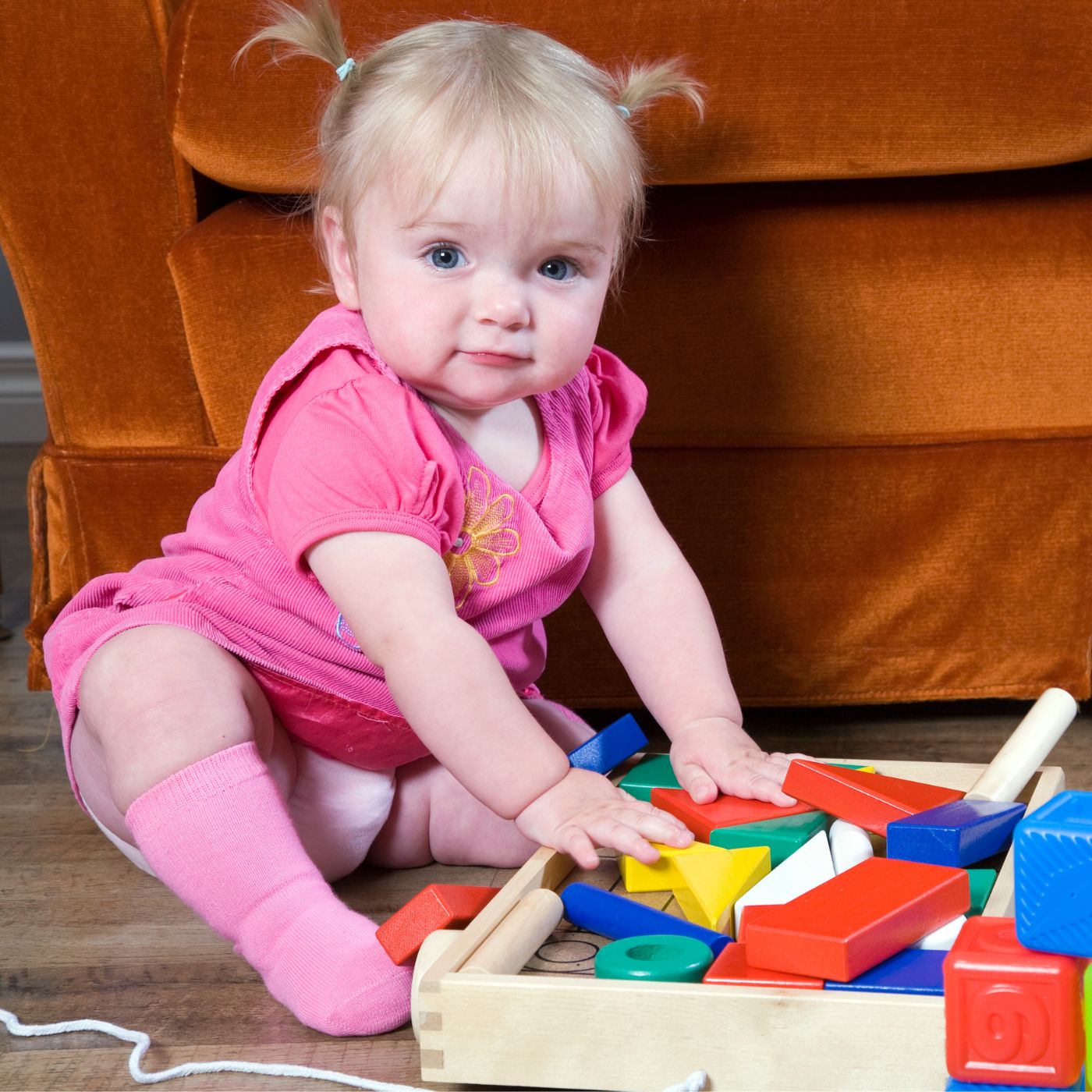
9-12 months Cognitive
Milestones
- Your baby puts something in a container, like a block in a cup.
- She looks for things she sees you hide, like a toy under a pillow.
- Understanding simple words and commands, such as "no"
- Developing a sense of cause-and-effect, such as realizing that pushing a button makes a noise
- Using objects in the way they're meant to be used, such as drinking from a cup
- Engaging in pretend play and imitating others
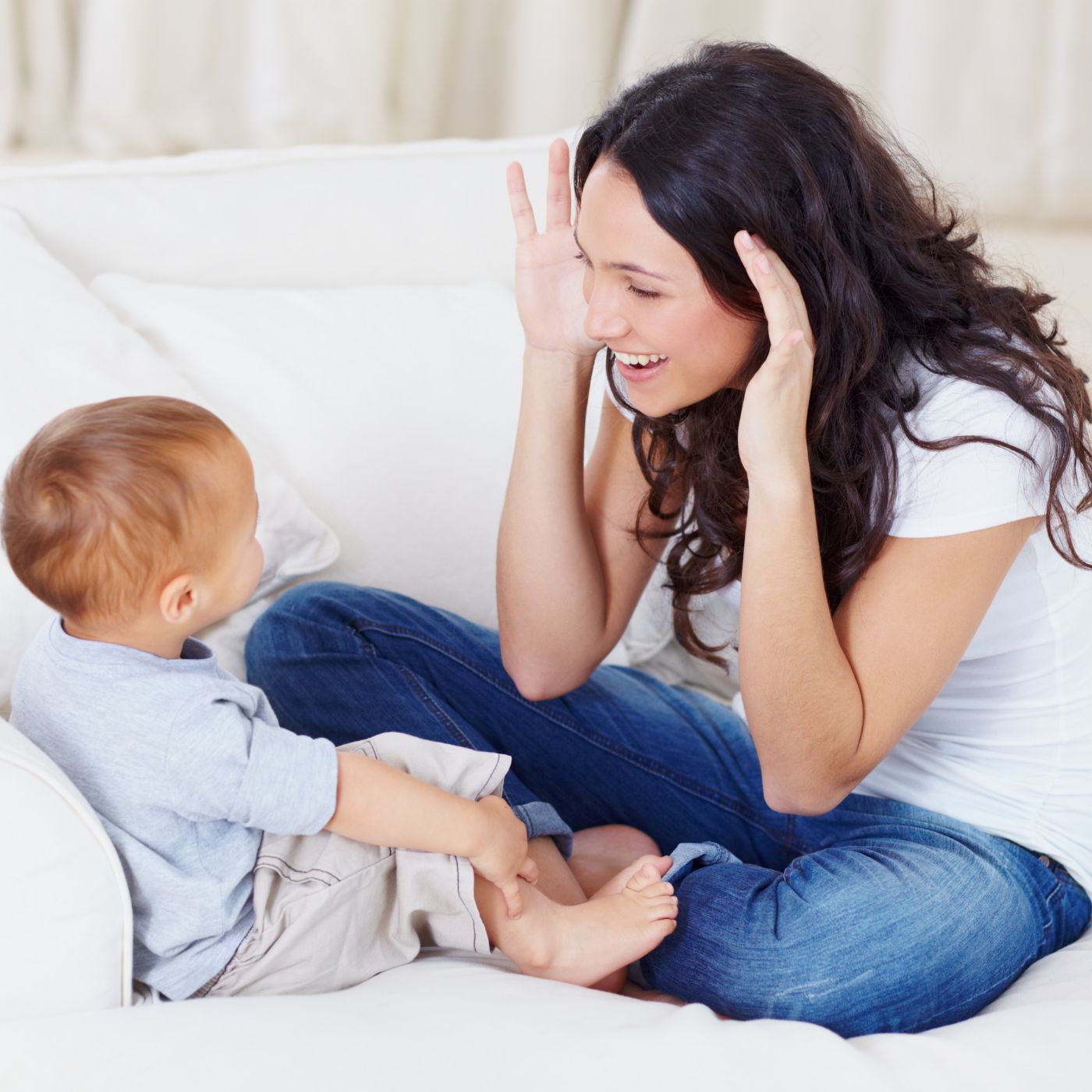
9-12 months Cognitive
How You Can Help Your Baby Thrive
- Play games such as peek-a-boo.
- Read books to your little one.
- Dolls offer versatile development opportunities for 1-year olds, and they play a role in cognitive development too. As toddlers develop, pretend-play, becomes a cornerstone of the baby-doll experience encouraging creative thinking.
9-12 Months Motor Development
By the end of the first year, your little one's cerebellum—the part of the brain responsible for coordination and balance—will triple in size, which is reflected in the massive leaps in gross motor skills she’s making. You’ll also see your child’s newfound coordination on display in her constant grabbing, dropping, and throwing of toys.11 At this age, your baby will also start to pull up and cruise your furniture at this age. Her finer motor skills will also get better in the form of her pincer grip as she'll be able to pick up things between her thumb and pointer finger, such as food crumbs.
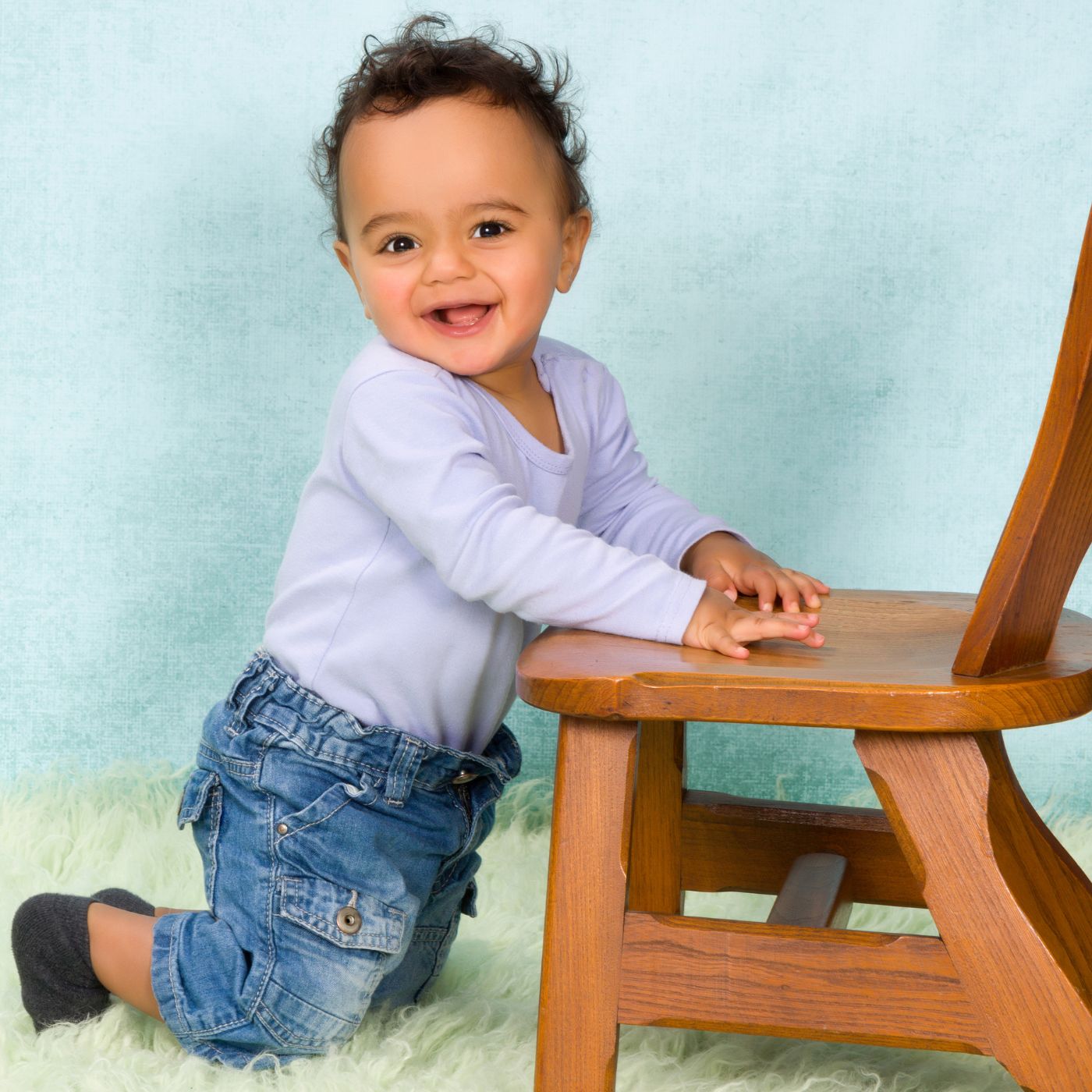
9-12 months Motor Development
Milestones
- Can pull up to stand.
- Cruising furniture that is walks, holding on to furniture.
- Drinks from a cup without a lid while you hold it.
- Picks things up between her thumb and pointer finger, like small bits of food.
- Stands without support
- Takes first independent steps
- Crawls up stairs
- Can use pincer grasp to pick up small objects
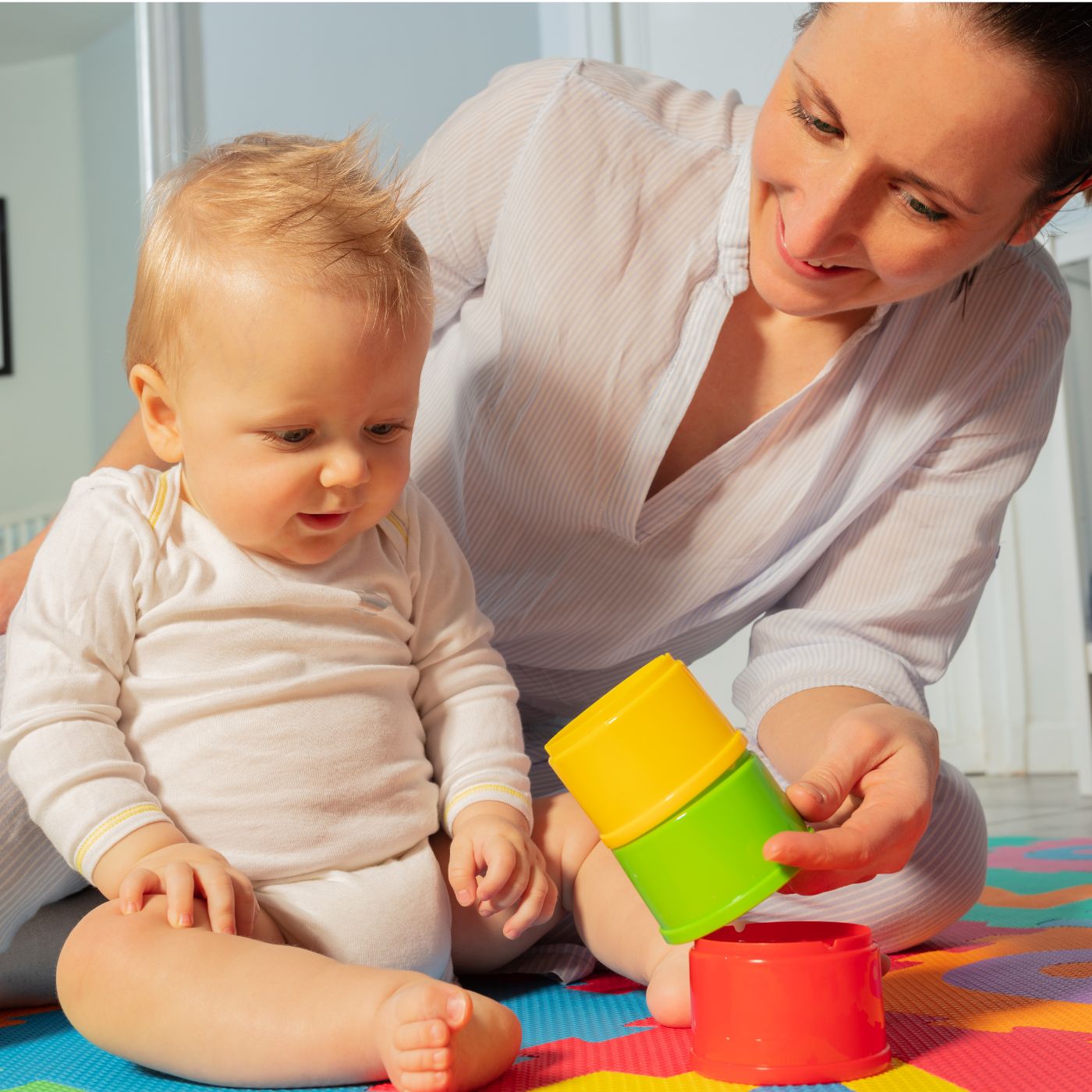
9-12 months Motor Development
How You Can Help Your Baby Thrive
- Baby-proof your home, giving your baby a safe place to explore. For example, move sharp or breakable things out of reach and lock away medicines, chemicals, and cleaning products. You can also add corner cushions, drawer locks, socket covers and more to minimize possible hazards for your baby.
- Play together with toys such as blocks that encourage your baby to use her hands.
- Let your baby push things around, like a “kiddie chair,” or “push toys,” so she can practice walking.
- Encourage your little one to practice walking on her own. Baby walkers are not recommended—instead let her hold your hands or hold onto furniture that is safe.
9-12 Months Sensory Development
By the time babies reach 9-12 months, they have developed a significant amount of control over their bodies and are beginning to explore the world around them in more complex ways. Their sensory skills have also become more refined, allowing them to distinguish between different colors, sounds, and textures with increasing precision. During this stage, babies are developing a more sophisticated understanding of cause-and-effect relationships and are becoming more skilled at manipulating objects using their hands and fingers. As they approach their first birthday, babies are also starting to communicate more intentionally through gestures, babbling, and even their first words, which are important milestones in their social and emotional development. Understanding the typical sensory milestones for this age range can help parents provide their babies with appropriate sensory experiences that support their growing curiosity and cognitive development.
Your baby is now able to more independently explore her senses. She's cruising around your furniture reaching and touching things she is interested in, her motor skills are working hand-in-hand with her vision, and she's exploring more textures through her food.
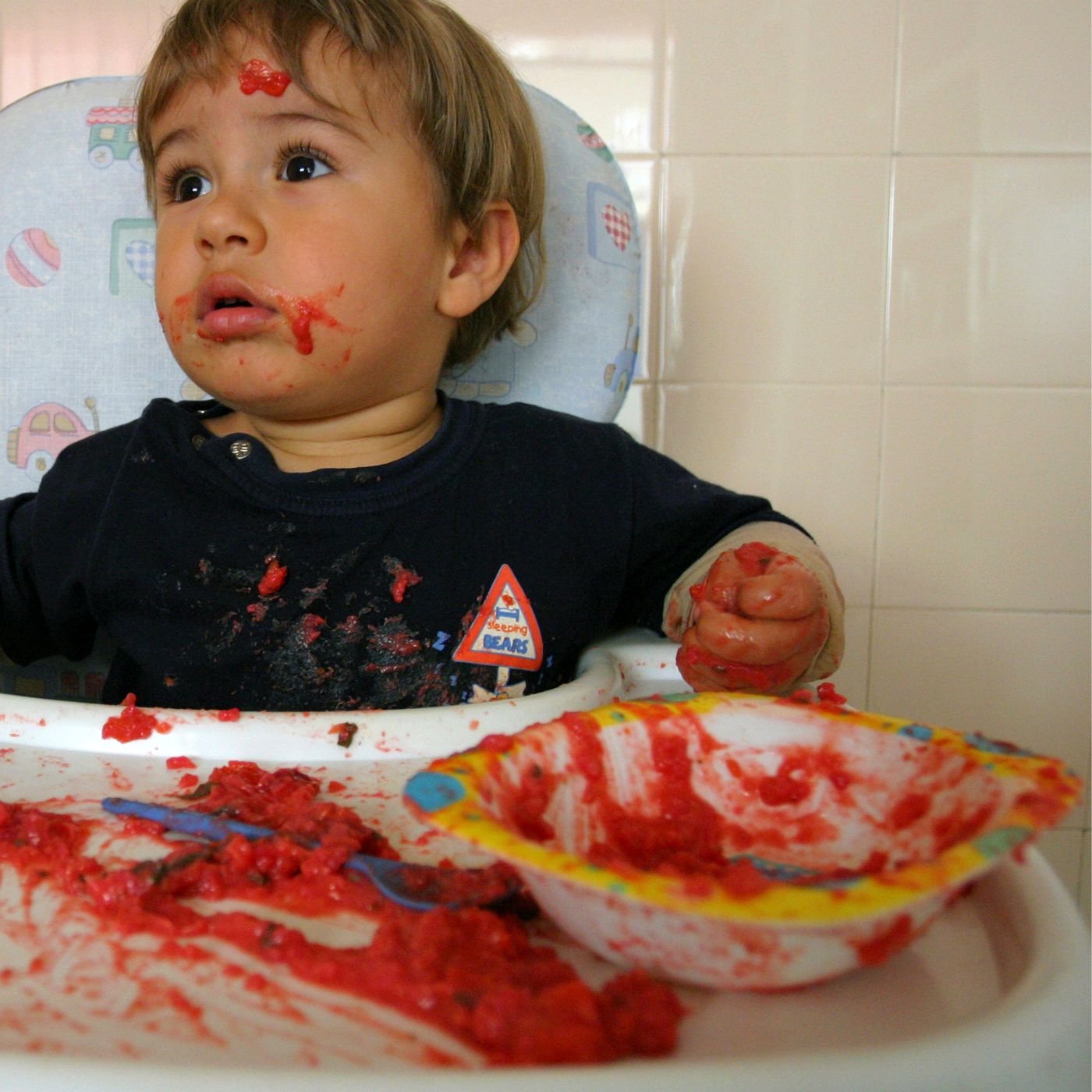
9-12 months Sensory Development
Milestones
Sight: - She can see quite well near and far and even focus on quickly moving objects. - Your baby's motor skills are working together with eyesight through hand-eye coordination. and it's likely that she can spot a toy across the room, focus on it, move to it, pick it up, and explore it in lots of ways.
Smell: Your little one's sense of smell is closely connected with her sense of taste, and will be helping her decide what she likes and doesn't like when it comes to food.
Hearing: Listens when spoken to.
Taste: Develops food preferences.
Touch: Your little one is getting around more independently, learning to scoot, crawl, or walk. This means your baby can go and touch the things she wants to touch.
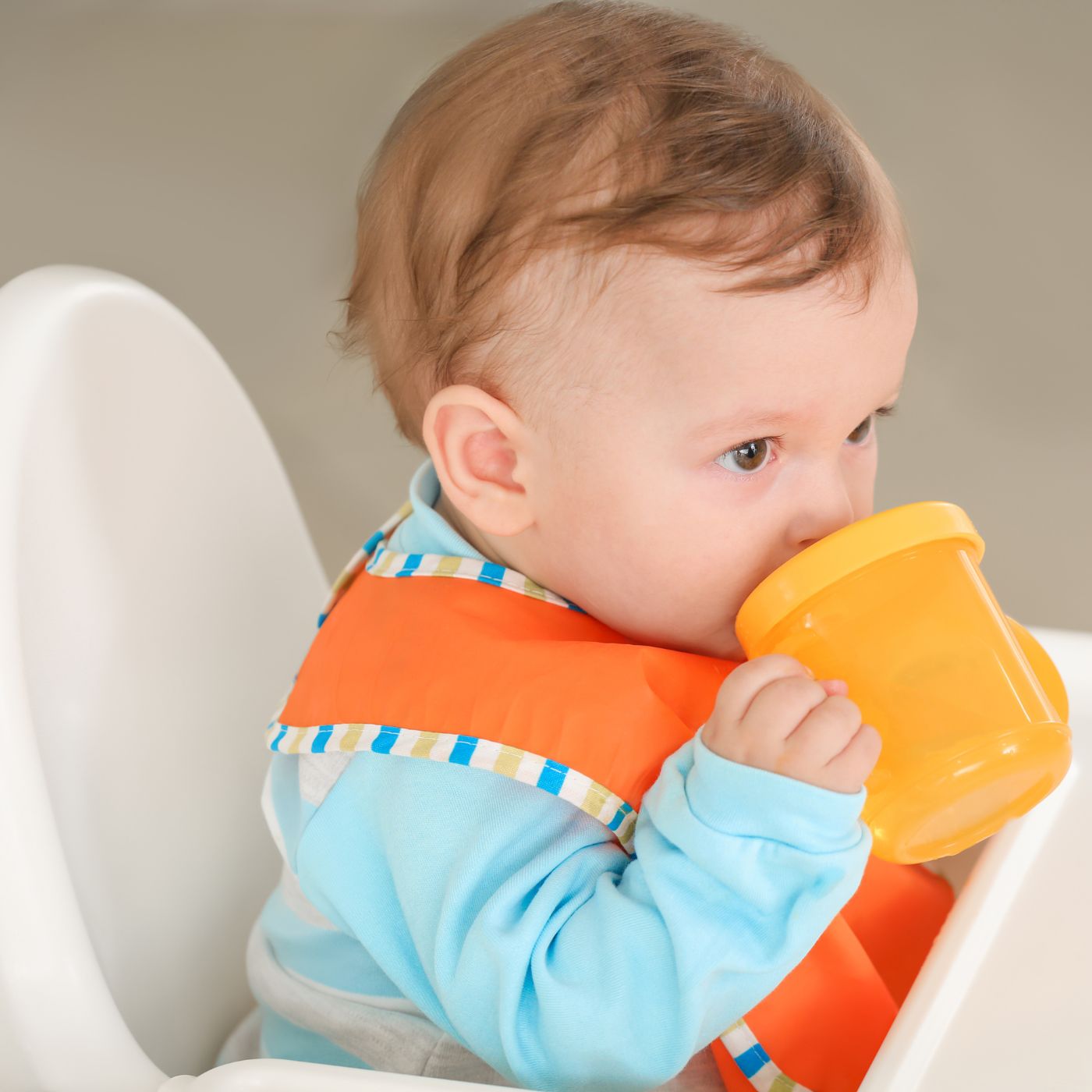
9-12 months Sensory Development
How You Can Help Your Baby Thrive
Sight:
- Show your baby age appropriate flash cards.
- Give your baby toys that help her hone her hand-eye coordination.
- Get her sunglasses for when it's sunny outside.
Smell:
- Explore the sense of smell with your little one. A trip outdoors can provide a wide variety of scents, from the sweet scent of flowers to the distinctive smell of recently cut grass.
Hearing:
- Give your baby small musical instruments and toys like drums or cymbals, and encourage her to make noise.
Touch:
- Encourage your baby to practice feeding herself with her fingers and using a cup with a small amount of water. Find out about safe foods and choking risks.
- Let your baby safely explore the textures and surfaces of your home and yard.
- Let your baby explore different sensations with her touch through toys and household items.
- Continue with plenty of hugs and kisses as your touch is most important to your baby.
Taste:
- Help your baby explore and get used to foods with different tastes and textures (smooth, mashed, or finely chopped). Your baby might not like every food on the first try—give her a chance to try foods again and again.1 It can take 10 tries or more before your little one learns to like new food.
Sources:
https://www.cdc.gov/ncbddd/actearly/milestones/milestones-9mo.html
https://www.healthywa.wa.gov.au/Articles/A_E/Child-development-9-12-months
https://kiddieacademy.com/blog/parenting-resources/why-we-teach-baby-sign-language/
https://www.whattoexpect.com/first-year/baby-sign-language/
https://www.whattoexpect.com/first-year/playtime/object-permanence-in-babies/
https://kidshealth.org/en/parents/senses-12mos.html
https://www.babycentre.co.uk/a25013415/developmental-milestones-smell
https://www.nidcd.nih.gov/health/your-babys-hearing-and-communicative-development-checklist
https://www.rightbraineducationlibrary.com/post/2017/05/03/5-types-of-baby-flash-cards-you-need
https://www.enfagrow.com.sg/development/toddler/milestones/brain-development-12-18-months
